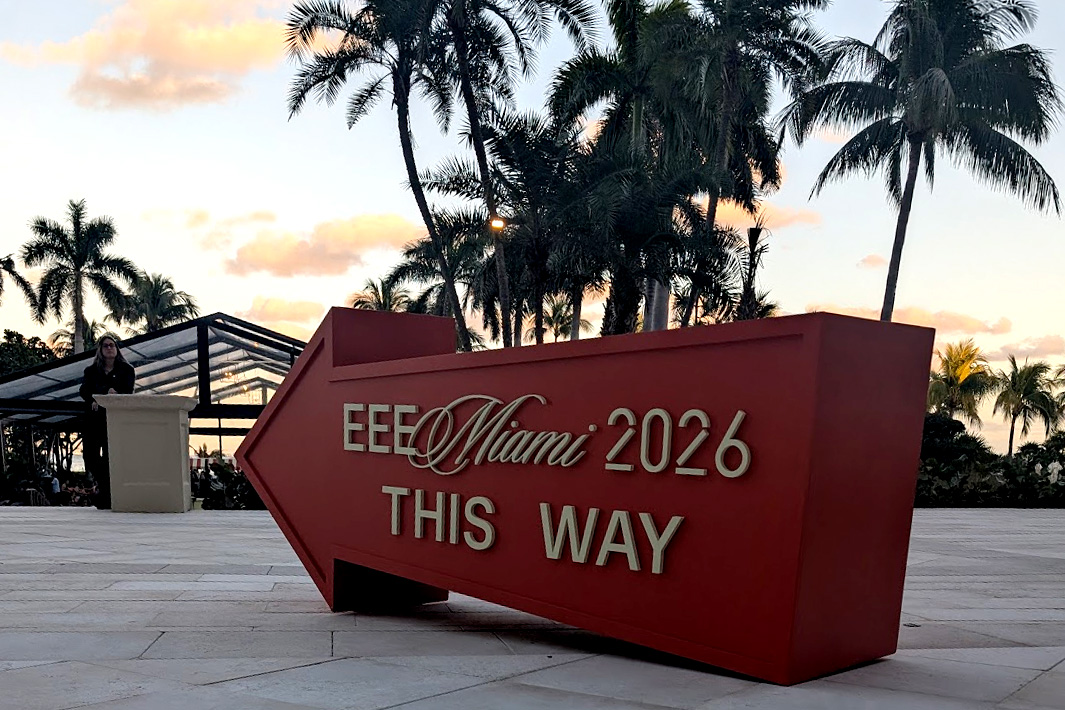
The Horse Girl to American Girl Adult Pipeline

This week on the podcast, we cover the forthcoming “Indirect to Consumer Era”, the recent stock tumble for Shopify, and how $SHOP’s overwhelming success had an unintended consequence — eCom now stands for “electronic commodity”. Listen here or wherever podcasts are found.
This week, Andy Warhol’s 1964 painting, “Shot Sage Blue Marilyn” sold for a record $195 million on Monday night at Christie’s. While the art is totally fungible, it was a leading indicator that the market volatility is pushing capital back to… wait for this word-salad of a phrase… more traditional non-traditional non-digital asset classes.
To recap the week, yeah, it’s getting kind of ugly out there. Markets had panic sell-offs following a stablecoin collapse, and those monkey jpeg guys are realizing that it wasn’t actually about the art after all.
Crypto and NFT markets have capitulated, and decided that it was time to cut losses, resulting in a new-old-fashioned bank run. This wouldn’t be a problem, except, a non-trival amount of traditional retailers and CPG companies have published NFT and Web3 roadmaps.
So you have to feel badly for This week Crate & Barrel promoted Sebastain Brauer to SVP of Metaverse. Among other responsibilities, Brauer’s presumably charged with exploring how to utilize blockchain within the business for digital loyalty. Or maybe virtual furniture in your metaverse house. Can they sell the NFTs through one of their many outlet chains?
In short, the next few months will see a return-to-form, heads-down, blinders-on, back-to-basics for retail. Online spending is slowing, as Americans spent $5 billion less in April than we did in March. Zara is going to charge for online returns.
🔮 Our predictions for the timeline of how the crypto market tumble will affect the retail world, once the trough of disillusion finally sets in:
- 30 days: Publicly-traded companies will quietly pull back plans to invest in the metaverse, or will dismiss them in forthcoming layoffs, citing economic factors. Companies with ready-to-launch Web3 projects will position them as collabs, or pull back PR efforts.
- 90 days: Web3 insolvency will lead to layoffs and devs searching for work. The agency ecosystem will begin to accumulate as the smaller teams will join larger, more established digital agencies seeking to build blockchain offerings.
- 3-6 months: Play-to-earn NFT games that survive will monetize businesses in the traditional sense: brand-building, merch, licensing, IRL activations, eSports leagues. It will be affordable to play NFT games again, bringing more adoption to the space.
- 6-12 months: NFTs are actually about utility. We’ll begin to see non-art, non-visual NFTs (like that of Poolsuite) that signal membership or patronage. This will drive a push to digital loyalty for brands that will continue building.
When we look back, we’ll realize that the party was over when Madonna released an NFT of her giving birth to a tree (only search for it if you have mind-bleach handy); making us realize that even private parts are subject to the uncanny valley.
And you thought that The Polar Express was unsettling :shudder:
— Phillip

The Horse Girl to American Girl Adult Pipeline. Influencers are venturing into American Girl Cafes for brunchy photoshoots with their dolls. Another signal of mimetic consumer behavior — this is the luxury manifestation of other cultural examples like Disney Adults.
The Immitator’s Dilemma. In a new study, Emarketer reports that established brands’ eCommerce efforts are driving three times as much volume as their DTC competitors.
More Sights & Sounds. Instagram tests NFT’s. Google Glass’s new AR version is able to translate languages in real time with subtitles. Bic is beefing up its omnichannel strategy. Major retailers, like Best Buy, are eyeing off-price as a hedge against economic downturn. Meanwhile, Poshmark exceeded Q1 expectations as shoppers continue to buy second hand items. Klarna has launched a virtual shopping offering in efforts to be more than just a payments company. Speaking of more unconventional spending, this couple lives on a cruise ship, because it costs them less than a mortgage. I wonder if it’s the same cruise ship christened by Olympic godmother, Simone Biles.

Analytics firm Spate sees a rise in Powder Sunscreen. There are 22.8K average monthly searches in the US for Powder Sunscreen, which has experienced a +29.5% growth YoY. There is high competition with 10 market leaders, including Supergoop!, which was rated at #9 in the Inclusive Brands category in our 2021 Nine by Nine Report.
The Celebration of Insincerity. The cacophony of online voices means you have to shout loudest to be noticed. This has bred an environment for absurdist behavior, performance artists creating proto-brands as free speech, and activism posing as Commerce. This idea is perfectly laid out through both Balenciaga selling “extremely worn” looking shoes for $1,850, and Goop offering a 12-pack of gem-encrusted luxury virgin alpaca wool diapers for $120.
Editor’s note: In both Goop and Balenciaga’s cases, there is an underlying cause they are drawing attention to. In the case of Goop, founder Gwyneth Paltrow admitted the all-too-believable product was a farce, drawing attention to a diaper tax that creates hardship for families. Balenciaga’s shoes were 100 limited pairs, destroyed and decorated to be displayed as artwork. The underlying meaning: fast fashion creates disposable goods, and shoes should be created to last a lifetime.
What is novel is that both brands knew they were misleading the public and the press, creating believable products meant for an out-of-touch luxury consumer. The swift follow-up news further drove home the point that insincerity has become celebrated, and weaponized, to stand out from the crowd.

Junking the Fight Against Junk. Boris Johnson, Prime Minister of the UK, is delaying policy plans to limit sales of unhealthy foods amidst efforts to decrease the cost of living. This seems like a significant signal of current economic times.

In Short Supply. The White House is recognizing the shortage of baby formula in the U.S. and announced plans this week to work toward increased production and availability, though a timeline for the relief plan is not certain.
Cover Photo by Helena Lopes on Unsplash











.svg)
